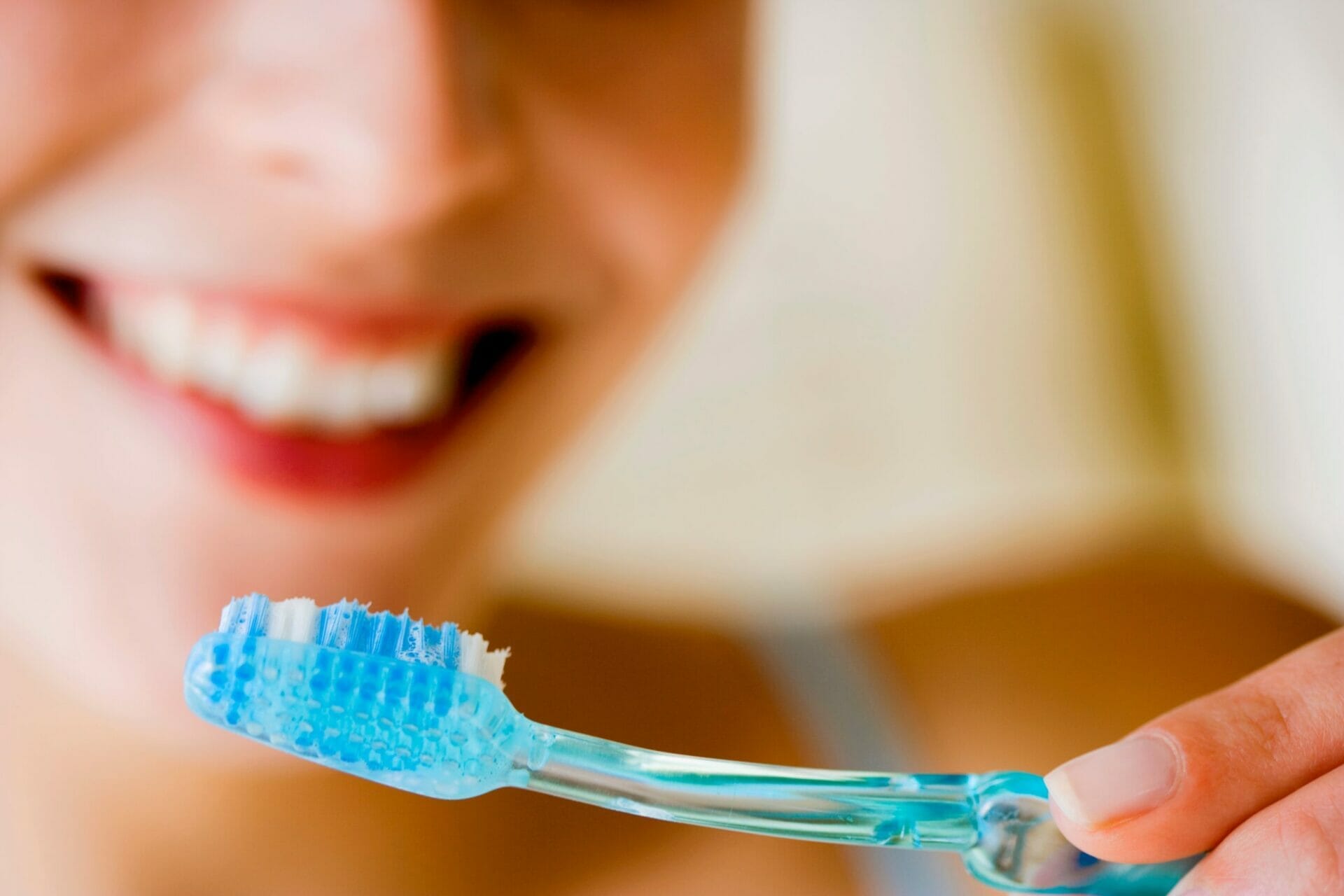
Teeth whitening is a popular treatment because it is relatively low-cost and therefore accessible to everybody. But, many options for whitening exist: whitening strips, toothpastes, and several custom options available from your Dentist.
So, what works best and what do you choose?
Well, many home whitening options available work on the same chemistry as options available at your Dentist's office. This chemistry uses Carbamide Peroxide as the whitening agent.
The difference is, your Dentist can offer higher concentration formulas that whiten your teeth faster.
Are all of these agents safe? What about the commonly used whitening toothpastes? Let's explore this question, below.
Teeth whitening toothpastes contain heavier abrasives to enhance stain removal. They also contain a low concentration peroxide whitener. When the peroxide contacts your saliva, you get molecular oxygen moving through your enamel to displace particles that cause staining. As the molecular oxygen moves stain particles out of your enamel, your teeth become whiter!
Most studies indicate that peroxides used in whitening solutions are safe. Even studies tracking prolonged use (i.e. greater than 6 months) failed to show any negative health effects. These studies involve testing medical grade whitening solutions. Teeth whitening toothpastes contain a significantly lower concentration of these peroxides.
Importantly, make sure to thoroughly rinse and spit out any excess toothpaste and foam to avoid systemic consumption. If you have any further questions regarding safety of teeth whitening toothpastes, consult your Family Dentist in Kitchener.
Thanks for reading today!
If you would like to arrange a no charge Meet & Greet consult, give us a call at (519) 576-8160 or request a consult here.
Our Kitchener Dental Clinic is conveniently located in Downtown Kitchener and we are a short drive away for families in Waterloo, Breslau & Elmira. Our central location means we truly offer family dentistry near you!
This article is meant to promote understanding of and knowledge about general oral health topics. It is not intended to be a substitute for professional advice, diagnosis or treatment. Accordingly, always seek the advice of your Kitchener Dentist or other healthcare provider regarding a dental condition or treatment.
